A horrific incident occurred on Sunday when a Jeju Air flight, traveling from Bangkok to Muan, South Korea, crash-landed, claiming the lives of 179 people. The Boeing 737-800 skidded along the runway before catching fire, marking one of South Korea’s deadliest aviation accidents in years. Authorities are now investigating the possible causes, including a bird strike or a technical malfunction.
The flight, Jeju Air 7C 2216, departed from Bangkok’s Suvarnabhumi Airport with 175 passengers and six crew members on board. Just after 9 a.m., the plane skidded at high speed, missing its landing gear, and crashed into an embankment. The fiery wreckage left only two survivors—a male and a female crew member.
Among the deceased were passengers of various nationalities, including two Thai nationals. The remaining passengers were South Korean. Investigations are currently focusing on whether a bird strike caused the crash. Prior to the incident, air traffic controllers had alerted the pilot to potential bird strike risks. One of the survivors mentioned the possibility of a bird strike during rescue operations.
Authorities are also considering whether a technical failure, particularly in the plane’s landing gear, contributed to the crash. Investigators are analyzing the aircraft’s condition, as it had passed all maintenance checks before the flight. The recovered flight data recorder will provide more insights, but the cockpit voice recorder is still missing. Early reports indicate that the control tower had directed the pilot to alter the course just before the crash.
Rescue operations mobilized over 700 personnel, including police, military, and coast guard. A flight attendant, one of the survivors, is awake and providing valuable information. Meanwhile, the government has declared the crash site a special disaster zone and promised extensive support for the victims’ families.
As the investigation continues, the world waits for answers. The tragedy highlights the ongoing risks in aviation, both from natural hazards like bird strikes and mechanical failures. The crash has deeply impacted South Korea, making it one of the nation’s most devastating air disasters in decades.
Related stories:
Catch up on the top stories and travel deals by subscribing to our newsletter!

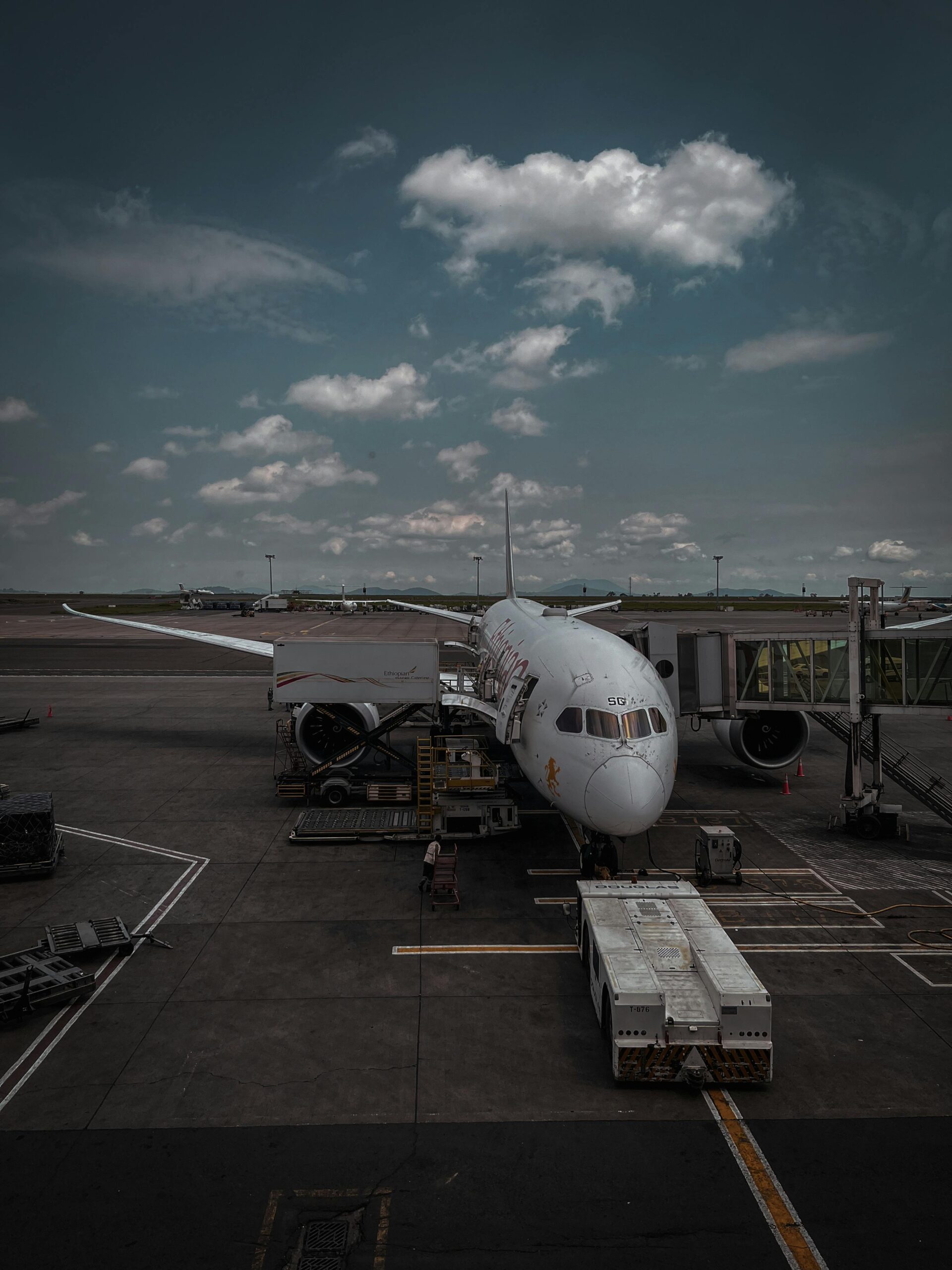

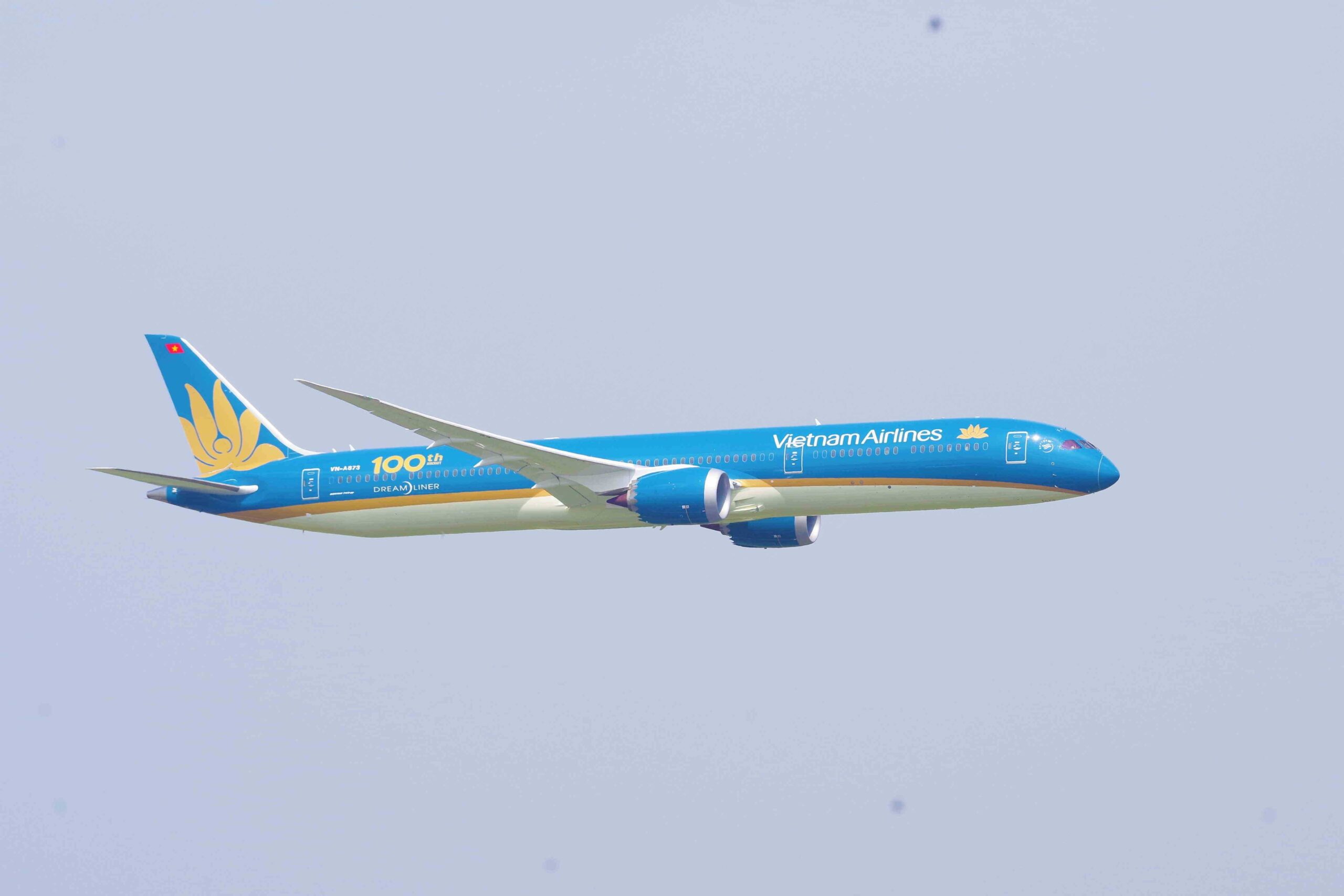
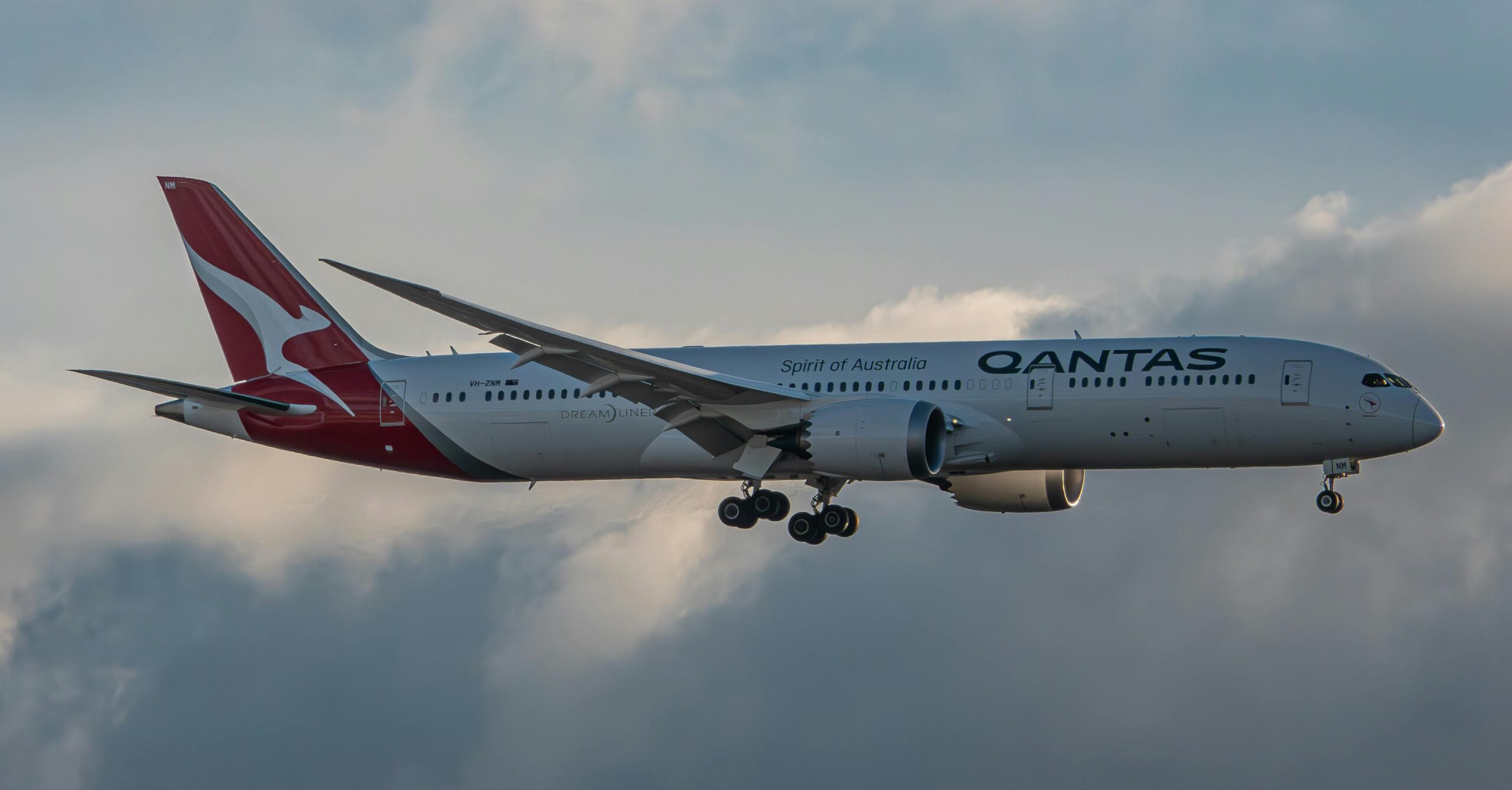
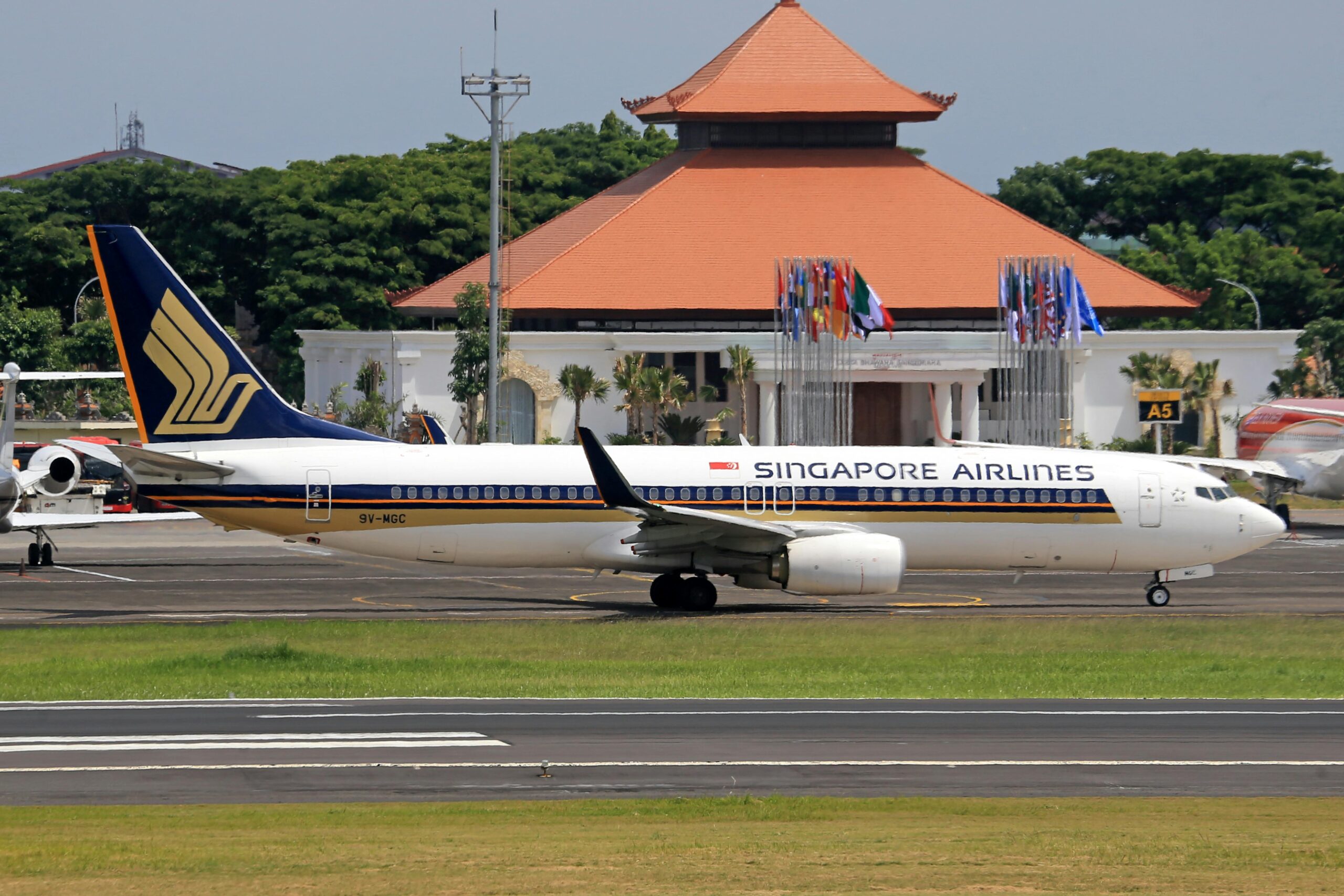
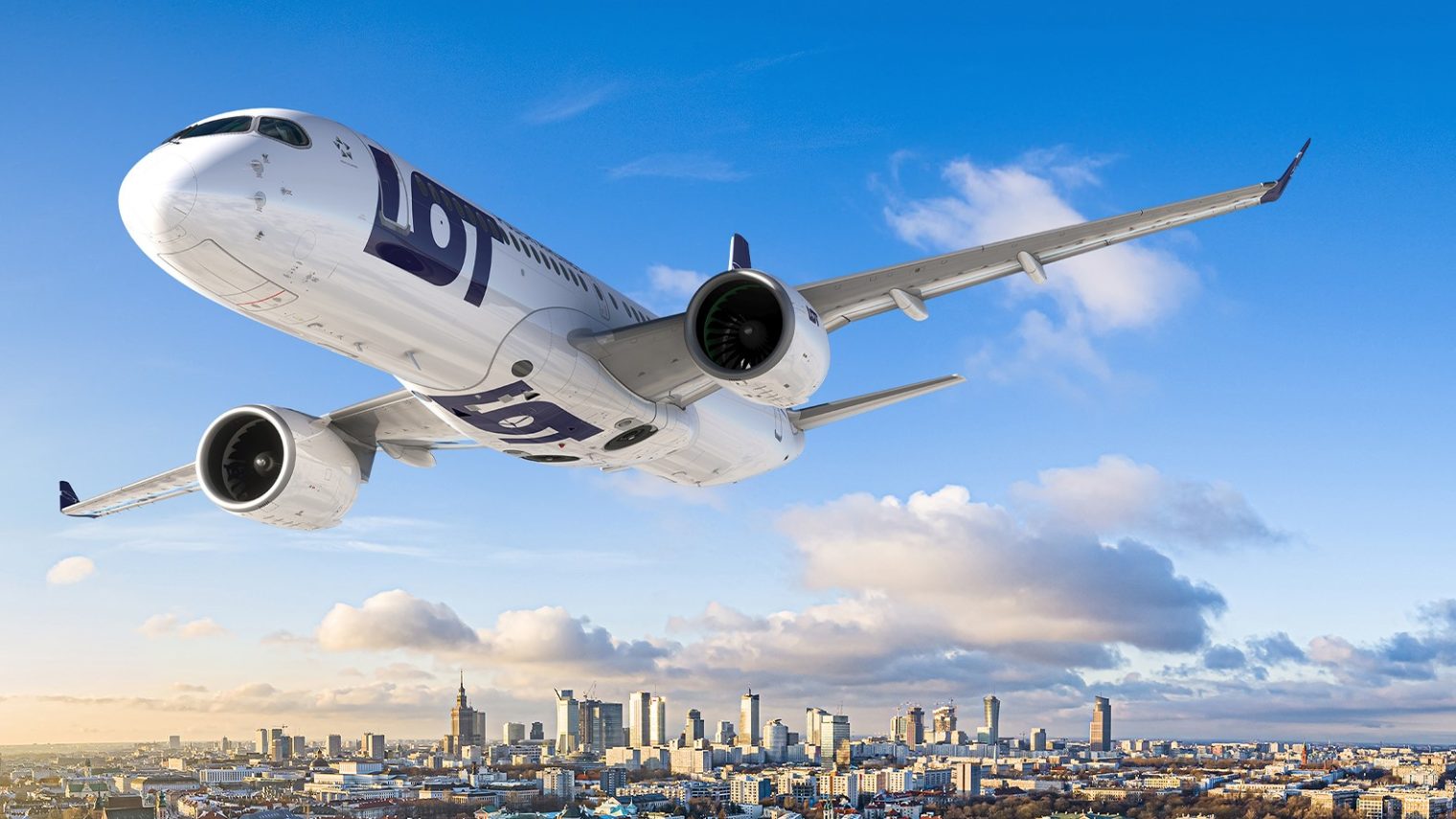
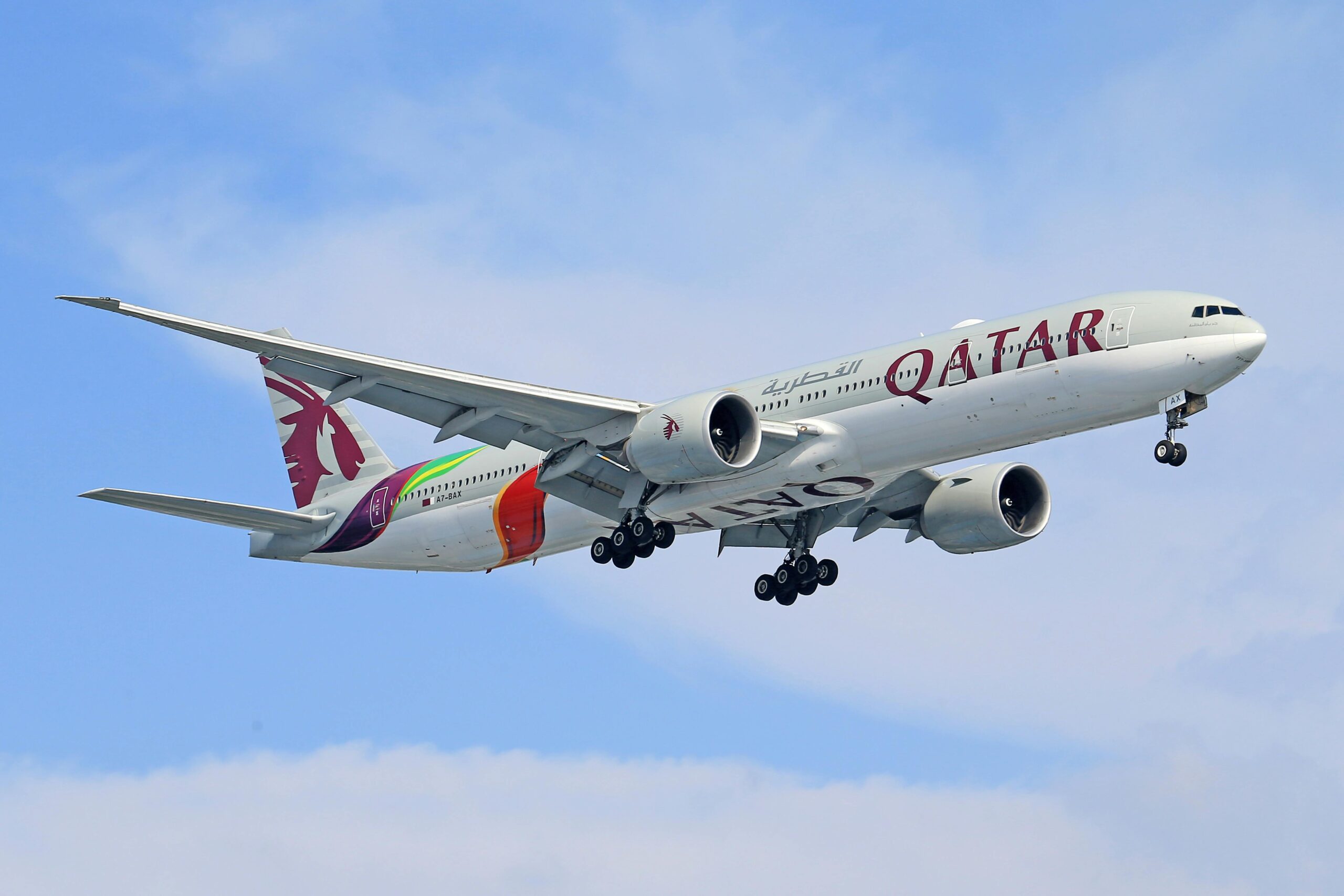




Leave a Reply